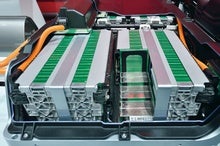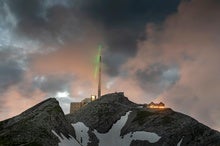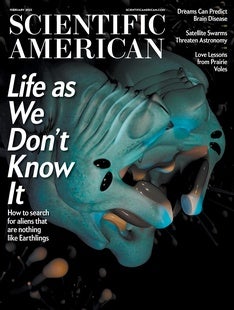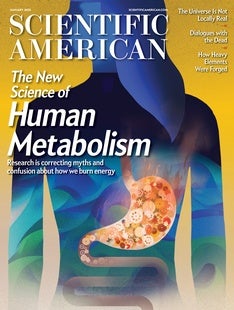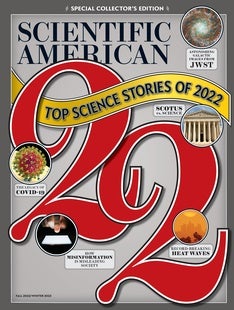|
 | ||||
| January 31, 2023 | ||||
| In the past few years, hackers have used ransomware to attack hospitals, schools and the entire government of Costa Rica. Now the U.S. Department of Justice has announced some rare good news: agents of the Federal Bureau of Investigation have spent months inside the system of ransomware group Hive, using the criminals' own tools to help victims and help them avoid paying $130 million. Scientific American spoke with a cybersecurity expert about how the FBI's operation worked, and what impact it could have on the rest of the ransomware industry. Read more below! | ||||
| ||||
 | ||||
| ||||
| ||||
| ||||
| ||||
| ||||
| ||||
| ||||
| ||||
| ||||
| ||||
| LATEST ISSUES | ||||
| ||||
| Download the Scientific American App | ||||
|




